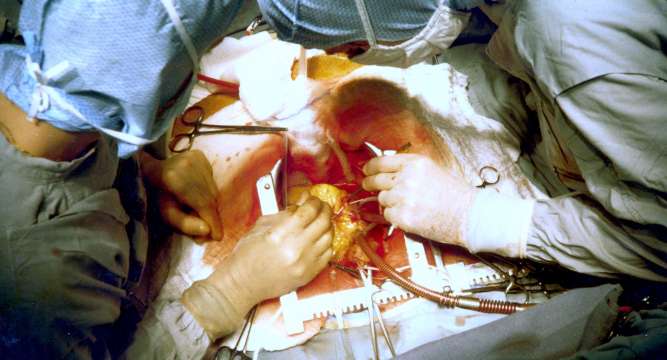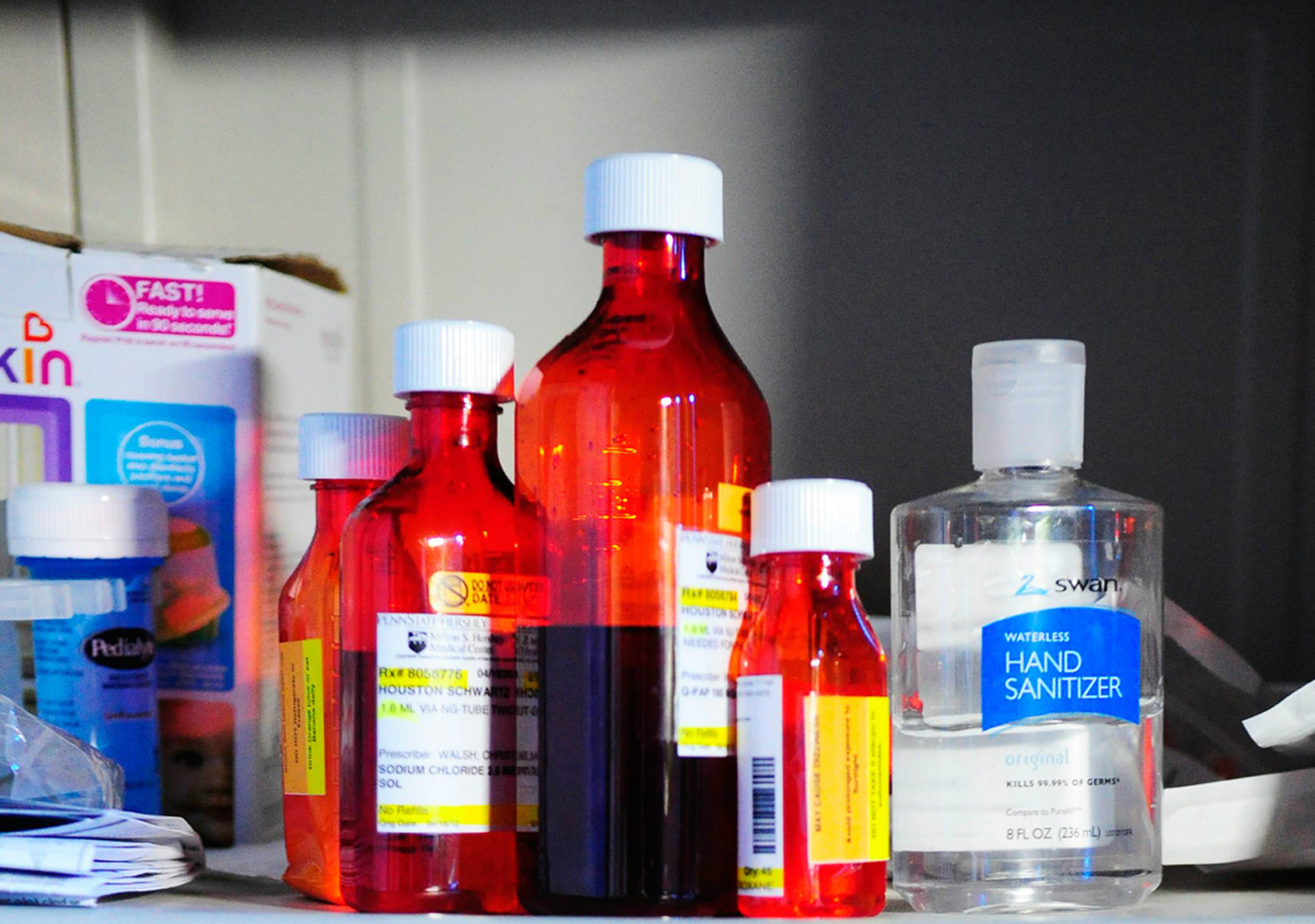
The number of Canadians studying medicine outside of Canada has more than doubled in the last five years and a number of them may never get the opportunity to continue their training and to practice at home.
In its first survey since 2006, the Canadian Resident Matching Service (CaRMS) identified approximately 80 schools in almost 30 countries as having Canadian students enrolled in medicine. CaRMS is the not-for-profit organization that matches medical graduates with a post-graduate training position or residency in Canada. Without such training the candidates cannot practice as doctors in the Canadian healthcare system.
According to this latest CaRMS survey, 90 per cent of the students who go abroad would like to return to Canada. But it won’t be easy for them.
It’s a question of basic math. Sandra Banner, the executive director and CEO of CaRMS, says, “This year I have 628 Canadians studying abroad in this match. The number of positions available for entry-level training is going to be around 400 positions. In addition we have 1,800 immigrant medical students who want to come to Canada. There definitely will be Canadian students who will not get back into Canada.”
There are now about 3,500 Canadians studying medicine overseas, which compares to about 10,500 in Canada.
The survey found that every year additional schools are offering international students the opportunity to study medicine. The majority of these programs target North American students. Banner says that foreign medical schools have become more aggressive about recruiting Canadian students.
CaRMS noted that Canadians mostly go to the Caribbean to study; Ireland comes in second as a place to get a medical degree. But there are also a growing number of schools in Poland, Australia and the Middle East.
Recently, St. Andrews University in Scotland launched a program that allows students to complete a medical undergraduate degree and then be automatically admitted into medical school at the University of Edinburgh, one of the most prestigious in the world. The program outline says Canadian and American students will get “dedicated assistance with preparation for” exams and residency matches at home. The program costs well over $250K in tuition alone.
Most international students say their fees are paid for by a combination of family support and bank loans.
Some students go to medical school abroad directly out of high school and that number is on the rise. But most go after finishing an undergraduate degree in Canada and have not applied to Canadian medical schools as many times as a successful applicant in Canada.
The survey suggested these students opt to study overseas because they have decided they would not be accepted into medical school in Canada, or would rather not wait several years through repeated attempts. It is not uncommon in Canada to apply to medical school two or three times before being admitted. The acceptance rate for first-time applicants in Canada is under 30 per cent. In the U.S. the success rate is 44 per cent.
The majority of Canadians studying medicine abroad are male, slightly older, single and with more post-secondary education than their medical student counterparts in Canada. And, more of them have a medical doctor as a parent. They mostly are residents of British Columbia and Ontario which have the lowest acceptance rates for medical school applicants.
The number of residency positions is decided by each province. More than half of residency positions for international students are in Ontario. International medical graduates are a combination of Canadians studying abroad and immigrants wanting to practice in Canada.
HealthForceOntario Marketing and Recruitment Agency helps doctors from outside Canada understand the Ontario medical system. Executive director, Bradley Sinclair, says Ontario has been increasing the number of residency positions for international medical graduates since 2002 and is very proud of having more than 200 positions available.
Sinclair says there are other avenues open to the graduates who do not get a residency placement in Canada. “They can stay where they are and do post-graduate work or they can go to the U.S. where there are more opportunities and then come back to Canada as fully qualified doctors.”
Sandra Banner did point out however that many countries do not offer residency programs for international students. St. Andrews, for example, says very clearly in its brochure that students “are not eligible for inclusion in the clinical postgraduate training program in the UK.” The survey noted the schools that recruit Canadian students in Ireland, Poland, other European countries and Australia have little or no postgraduate opportunities available for international students.
The increase in international students comes at a time when a number of communities in Canada report they are under-serviced. Some of these communities have offered cash incentives to try to attract doctors.
Source: cbc news




